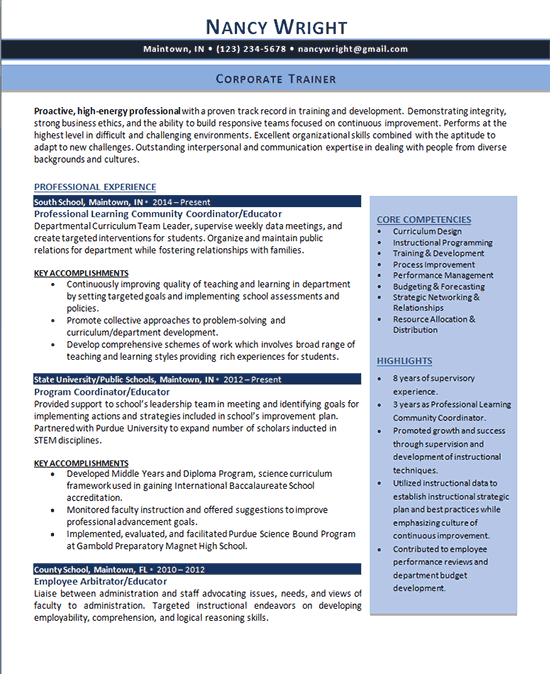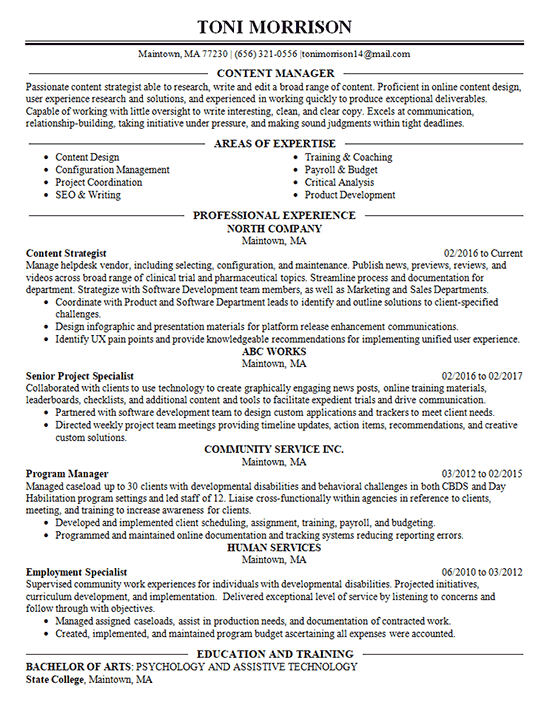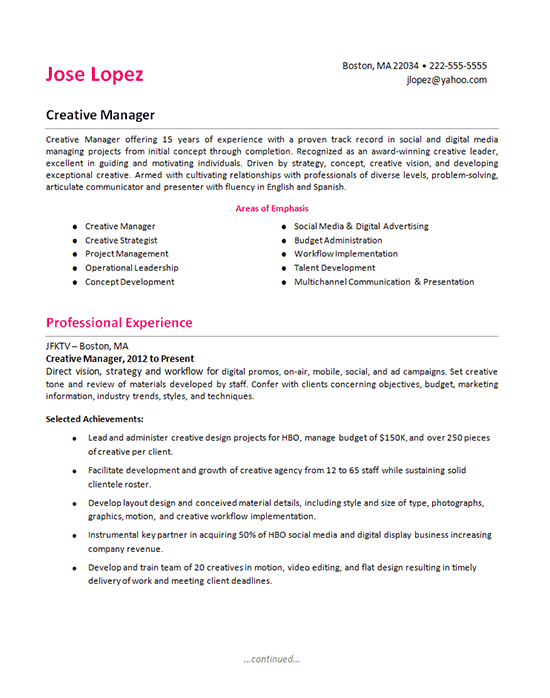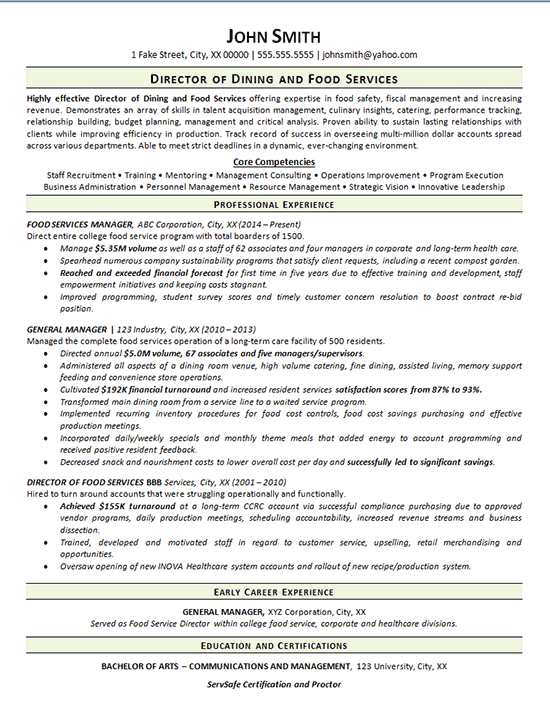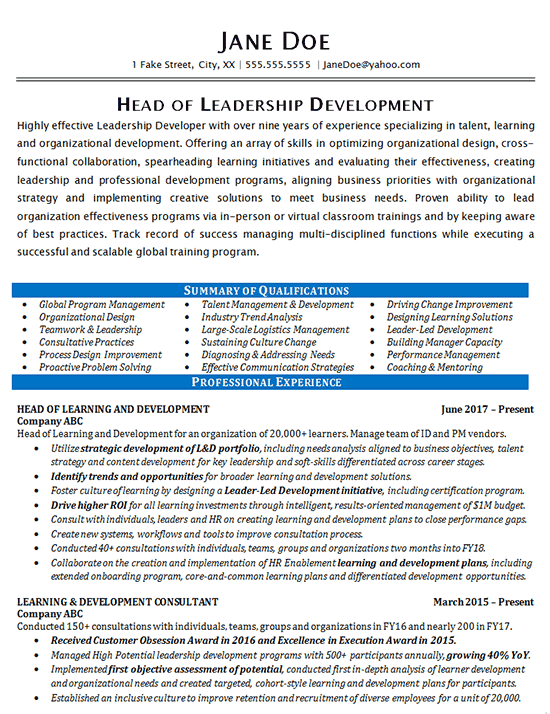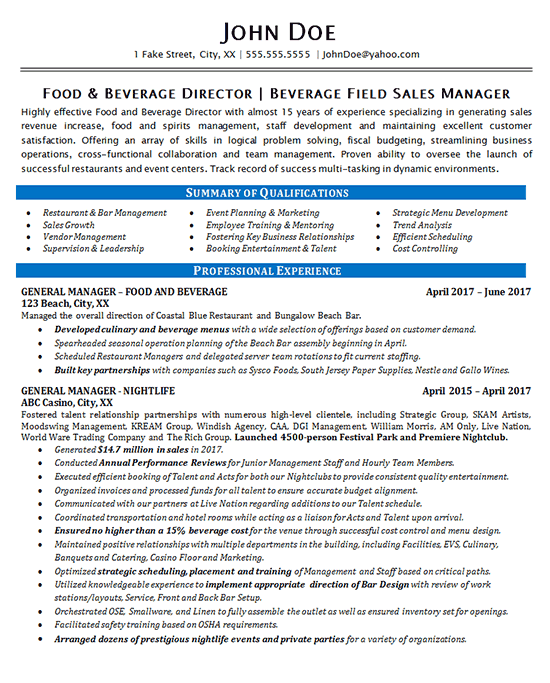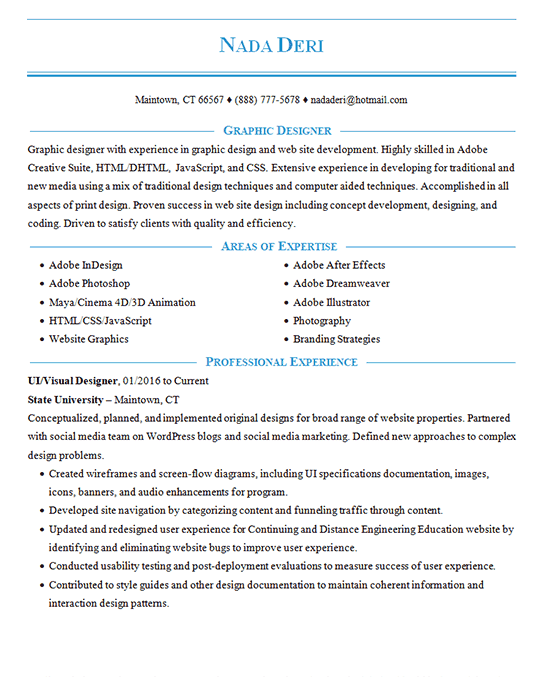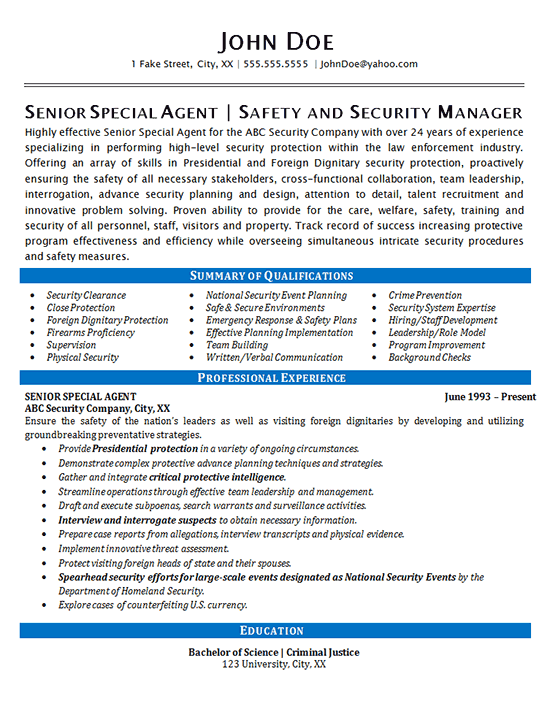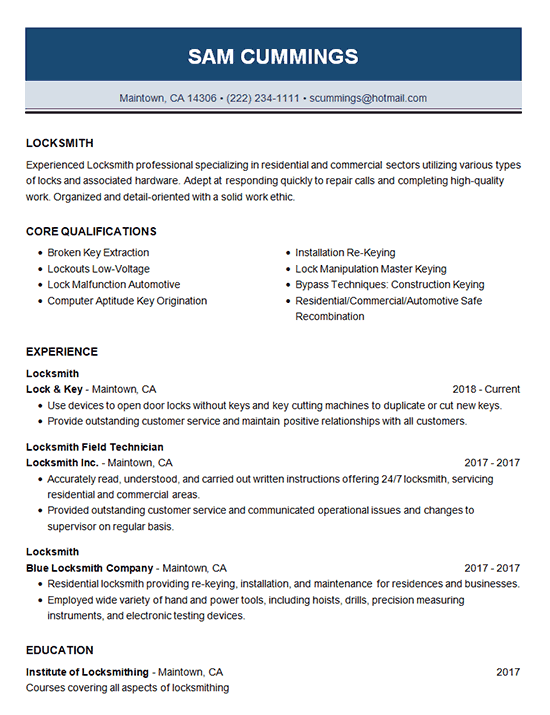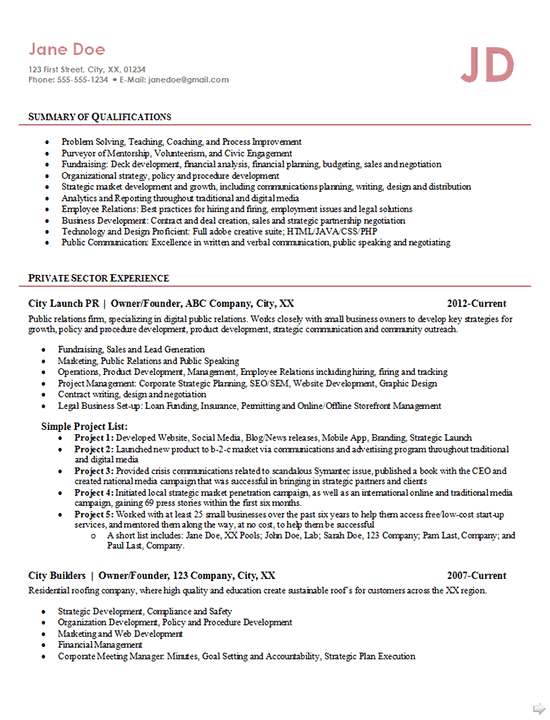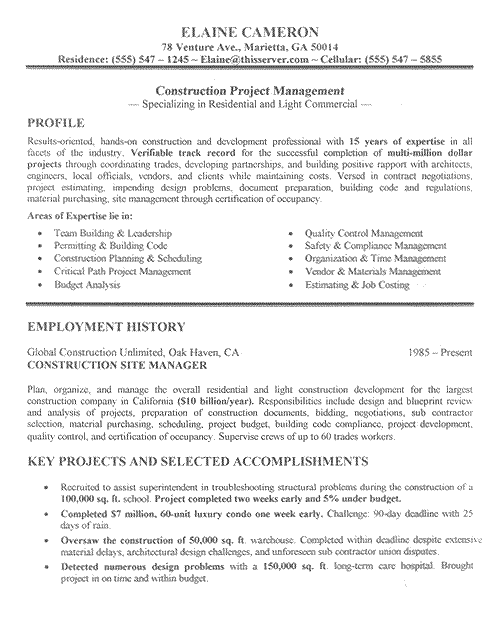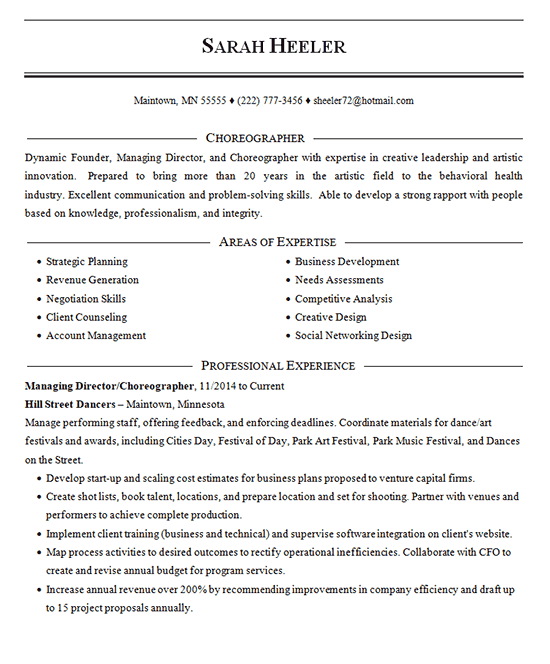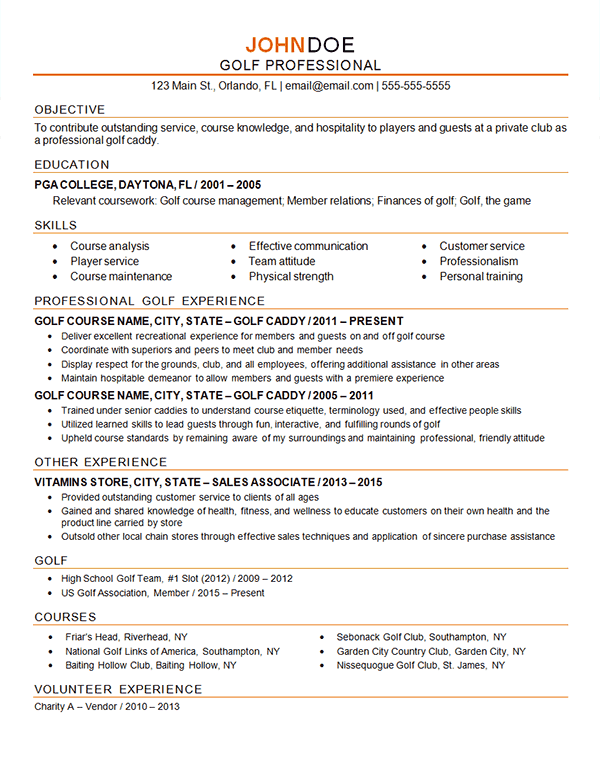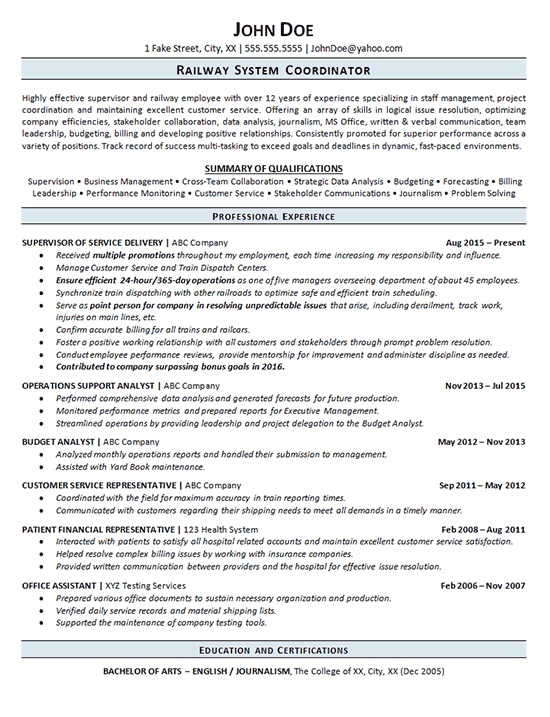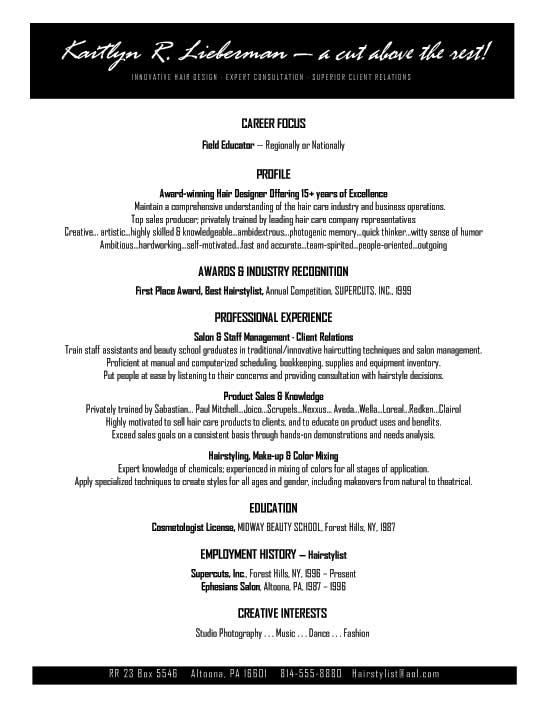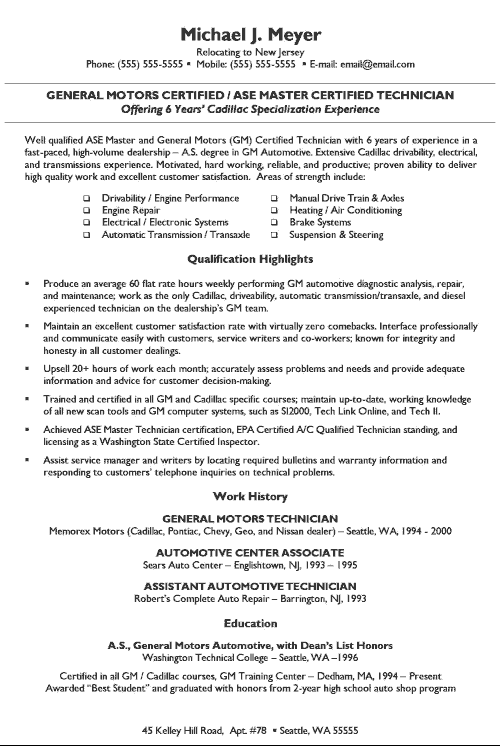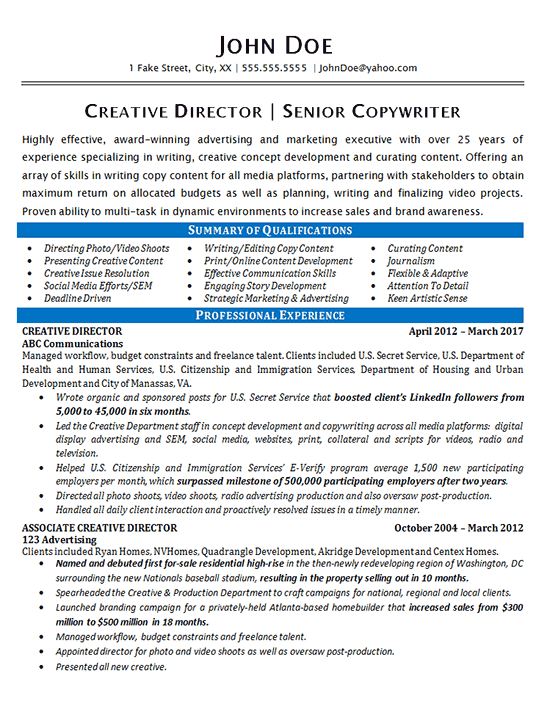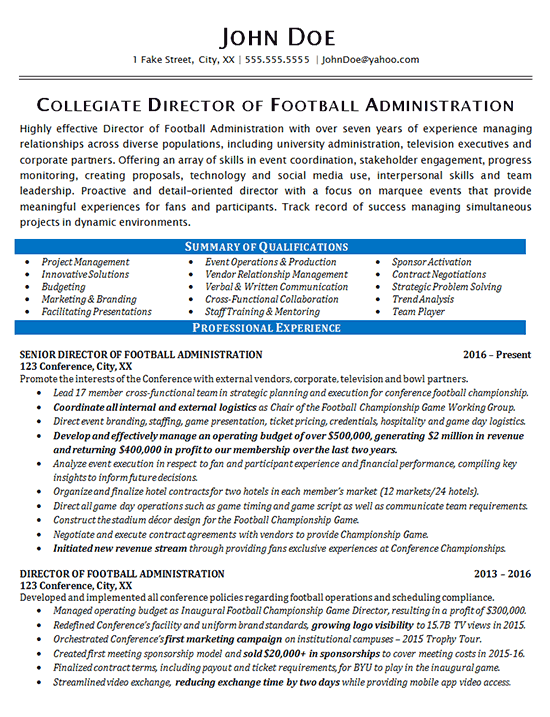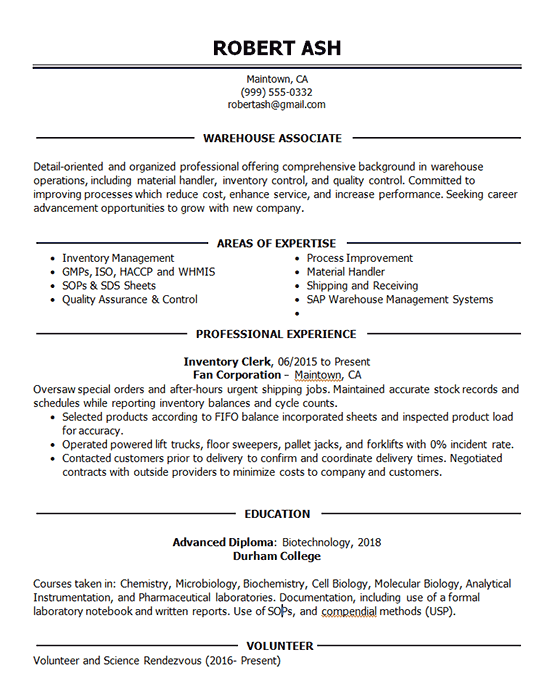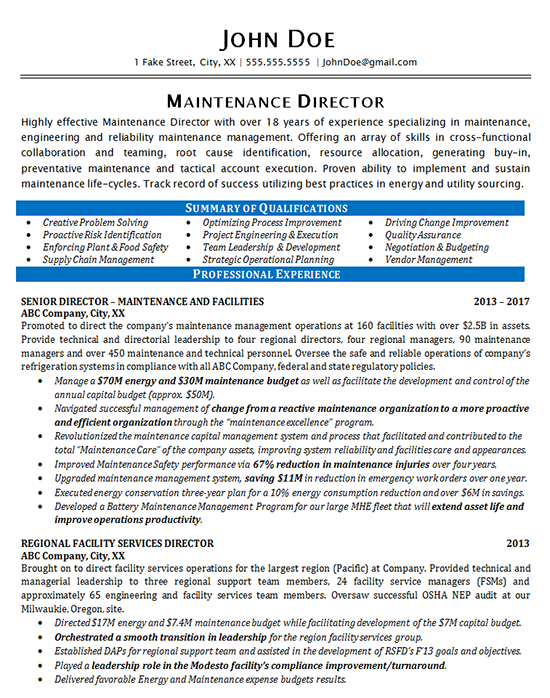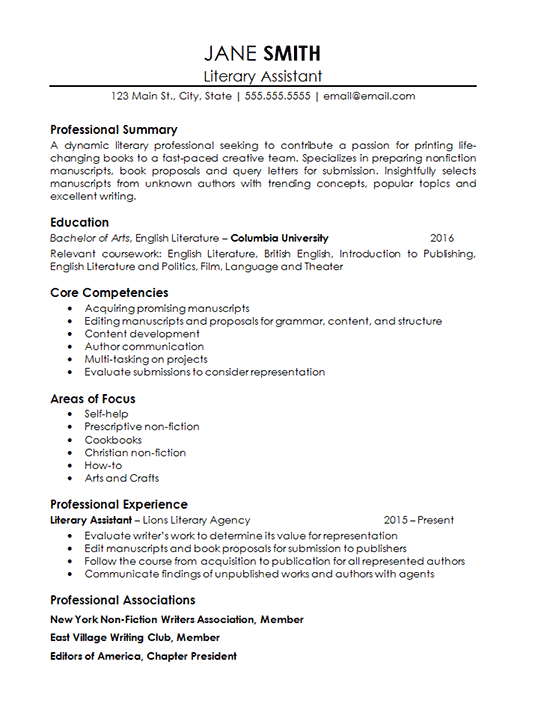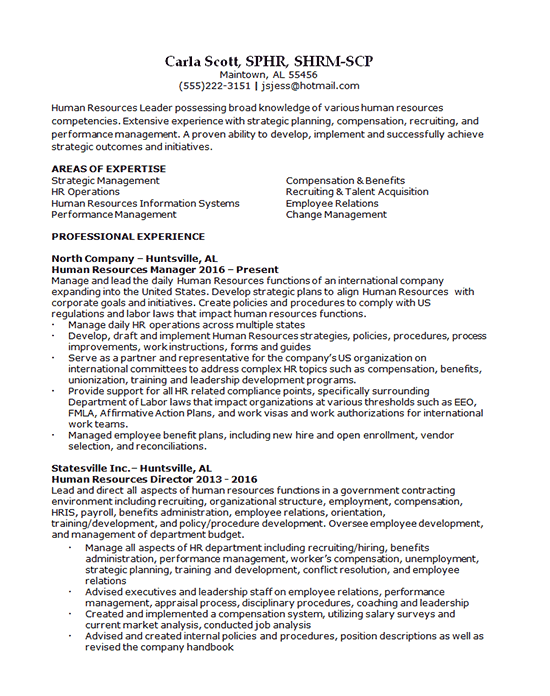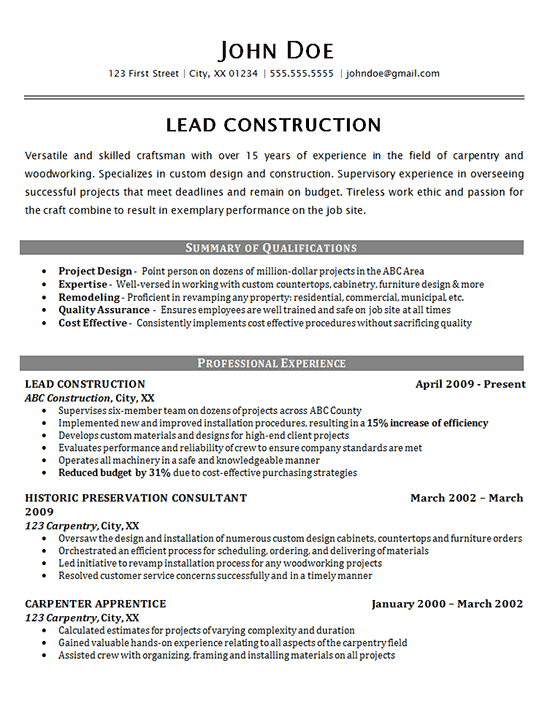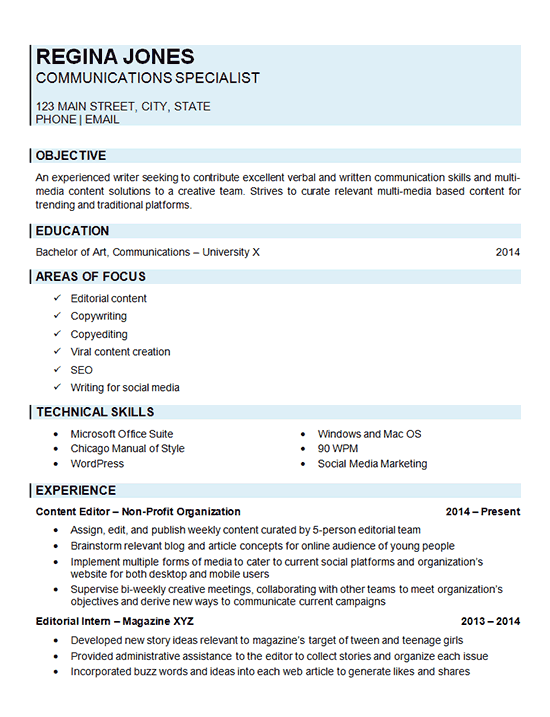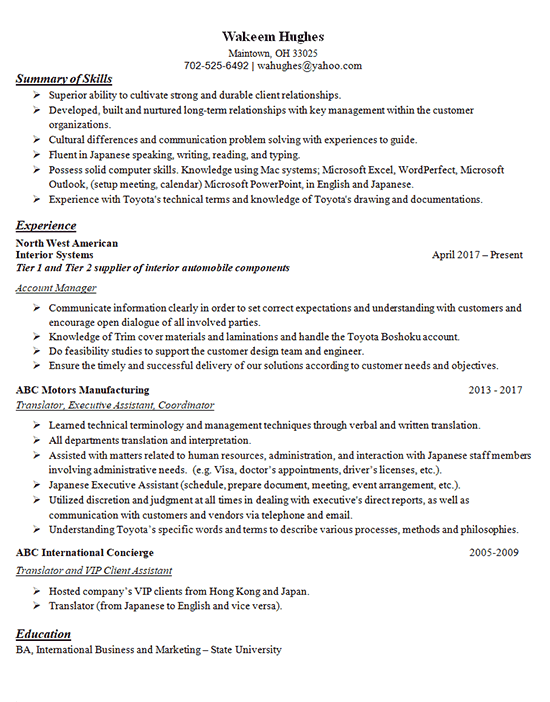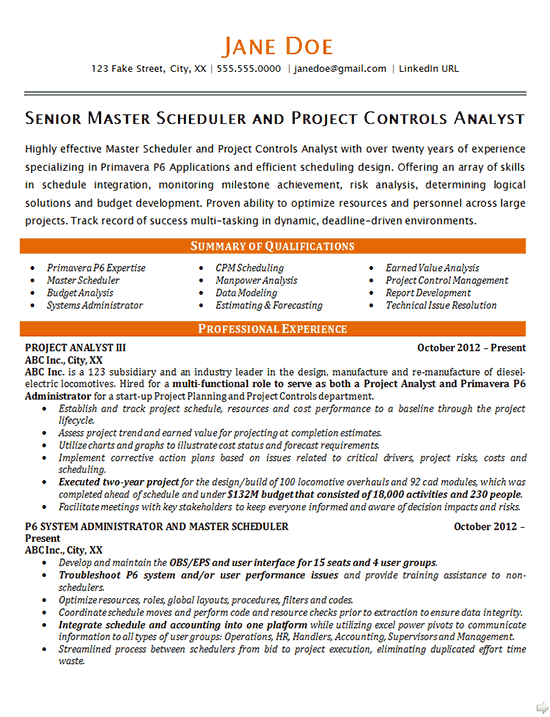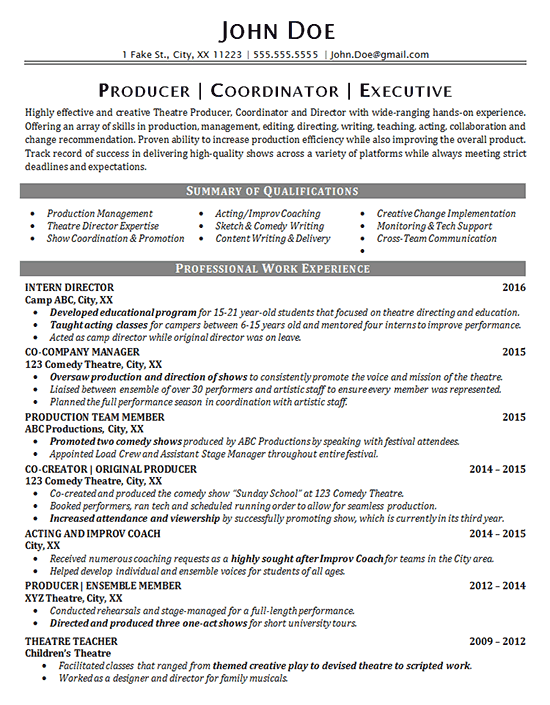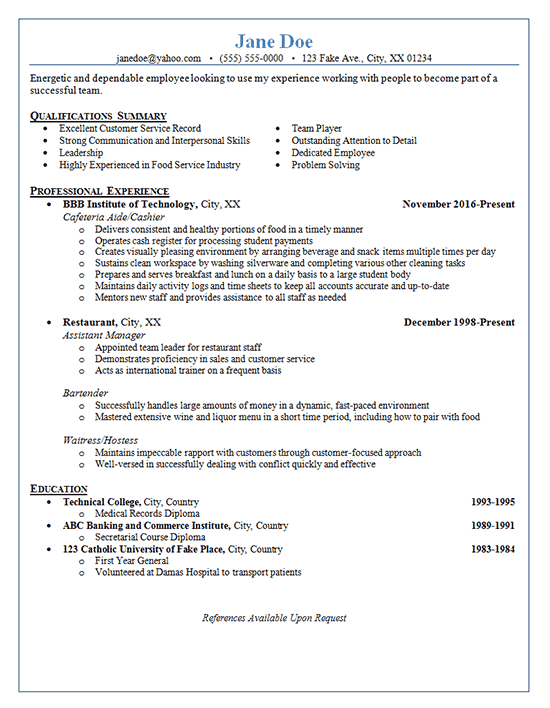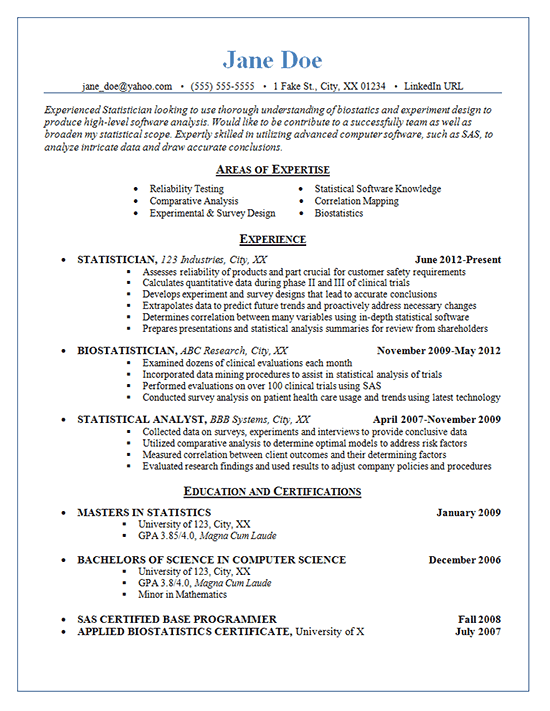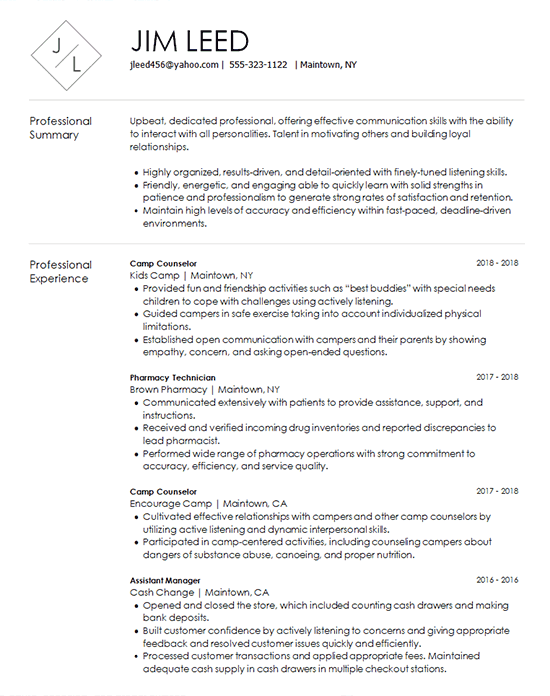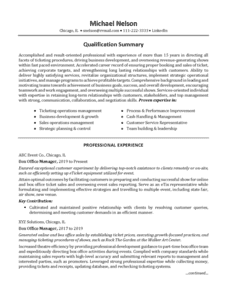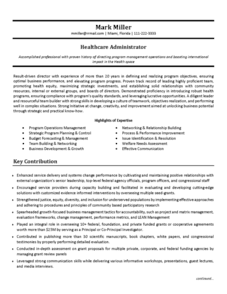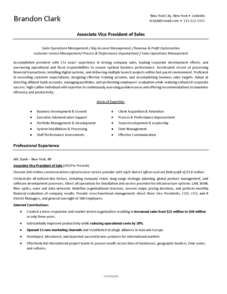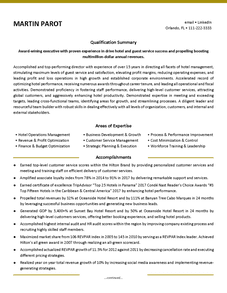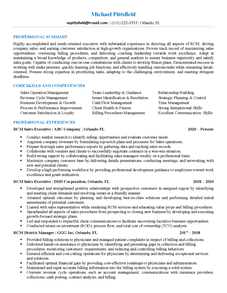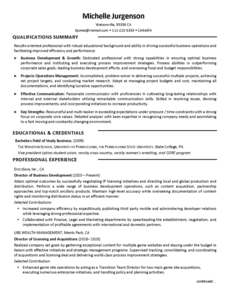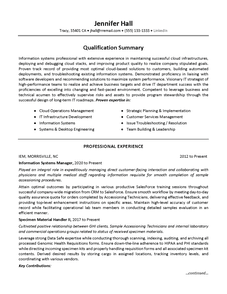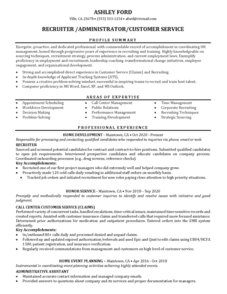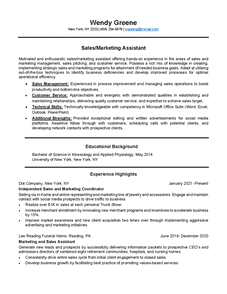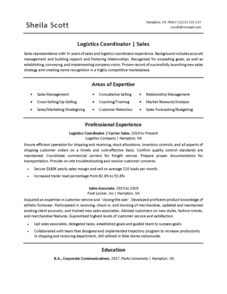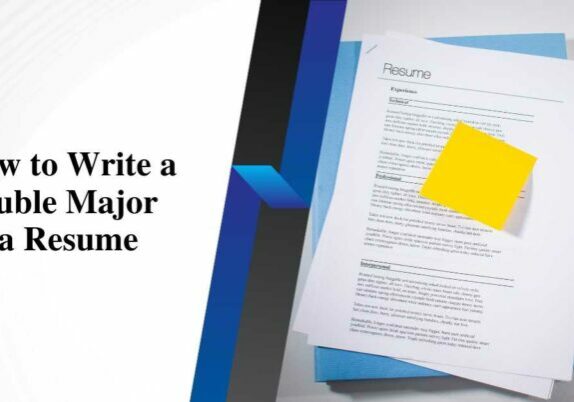This coaching resume exmaple is for a job seeker has experience as a Sports Administrator, Basketball Coach, Teacher, and Athletic Director. The resume is a good resource for anyone in coaching or sports management positions.
The coaching resume uses job title headlines to start the document. A paragraph summary outlines skills in teaching, youth development, and athletic program development.
The introduction features additional proficiency in staff development, policy design, and curriculum design.
The writer uses a functional format to separate experience in athletics, education, and business. The athletics area is on top, which is the main focus and priority job target. Therefore, this section has the most content and descriptive statements of responsibility.
The education section documents a Bachelor of Science in Business Administration.
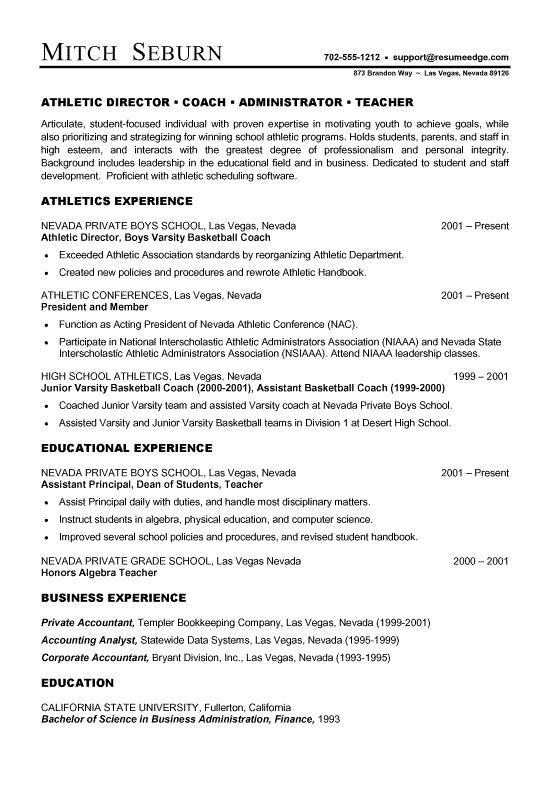
Coach Resume Example
Coaching Resume Statements
- Help individuals improve their play as an individual and working within the team.
- Instruct players on the rules, playing within the guidelines and optimizing performance in the framework of the games regulations.
- Teach strategies, techniques and tactics that will improve game play.
- Evaluate and identify the most athletic players and put those players in position to lead the team.
- Analyze players with potential, spot weaknesses and address those areas in order to quickly resolve any ongoing issues.
- Collaborate with coaches from other areas to learn new techniques for building strong programs.
- Motivate players, assistants and team managers to achieve goals.
- Coach players with a passion, energy and excitement while teaching sportsmanship and integrity.
- Scout players from junior varsity that may be capable of moving up into varsity or senior role.
- Instill a strong aptitude for school spirit, loyalty and pride.
Coaching Resume Writing Guide
So, you’ve decided to become a coach? Congratulations! You’re about to embark on a journey that requires patience, dedication, and a strong coaching resume.
Yes, you heard that right – a resume. Gone are the days when coaching was just about showing up and shouting instructions from the sidelines. These days, you need a resume that showcases your skills, achievements, and experience and attracts potential employers.
But don’t worry – building a solid resume is easier than you think. In this article, we’ll guide you through creating an impressive resume to help you stand out in a competitive job market.
We’ll provide tips highlighting your coaching skills, education, experience, volunteer opportunities, references, and proofreading. By the end of this article, you’ll have a coaching resume that showcases your unique coaching talents and sets you apart from the crowd.
So, let’s get started!
What Is a Coach?
As a coach, you’re responsible for helping individuals and teams improve their performance by utilizing your skills in game strategy planning, nutrition and anatomy knowledge, fitness equipment, and more. Ultimately, your goal is to lead them to victory and success.
Your resume should showcase your strengths and weaknesses and your experience as a coach. A well-crafted resume will help you stand out from other applicants and increase your chances of landing a great job.
When creating your resume, you must clearly understand the job description and the skills required for the position you are applying for. Use a coaching resume example template to guide you in crafting a professional and effective resume.
Include your work experience, highlighting your achievements and how you helped the team. In addition, include a cover letter demonstrating your passion and how you can contribute to the team as a head coach.
Your resume should accurately reflect your skills and experience. Be sure to highlight your strengths and any certifications you’ve obtained, such as first aid and CPR. Don’t forget to mention any volunteer opportunities you’ve participated in.
Following these tips and creating a solid coaching resume increase your chances of landing a fantastic job in 2023 and helping individuals and teams succeed.
The Keys To Writing a Successful Sports Coach Resume?
To create a winning resume, you must showcase your achievements and skills through a professional summary. Highlight your education and experience, list any relevant volunteer work, provide references, and proofread for errors.
When crafting your resume, it’s important to tailor it to the specific coach position. Include any relevant certification or training programs you’ve completed. Use keywords such as school sports, baseball coach, basketball coach, football coach, drills, sports program, and motivation. This will help you stand out to potential employers.
In the experience section of your resume, emphasize how you’ve motivated and improved the performance of individual players and teams. Use specific examples such as increasing win-loss ratios or developing leaders on and off the field.
Including any volunteer positions can demonstrate your passion and dedication to coaching, even if you haven’t had many paid jobs. Finally, proofread your resume for errors in grammar and punctuation, consistent formatting, and accurate contact information and dates.
What Makes a Great Coach? – The 4 Key Qualities
If you want to be a great coach, there are four key qualities that you should focus on developing.
Firstly, you need inclusive leadership skills, which means creating a team culture that values diversity and promotes a sense of belonging.
Secondly, effective communication is essential for building trust and fostering open dialogue with your players.
Thirdly, emotional intelligence is crucial for understanding and managing your own emotions and those of your team members.
Finally, empathy is the ability to put yourself in someone else’s shoes and understand their perspective, which is vital for building strong relationships and creating a supportive team environment.
Inclusive leadership
You can showcase your inclusive leadership skills by highlighting your experience creating a positive and welcoming team culture, promoting diversity and equity, and effectively communicating with individuals from diverse backgrounds.
As a soccer coach, for example, you can demonstrate your ability to lead a varsity team by listing your professional experience in fostering an environment of inclusivity and respect. This can include organizing team-building activities that promote teamwork and camaraderie, implementing equitable playing time and team roles, and addressing any instances of discrimination or bias.
In addition, your resume should also highlight your hard and soft skills, which are essential to creating an inclusive and successful team culture. Your hard skills may include knowledge of game and scoring rules, strategy planning, and first aid and CPR certification. In contrast, your soft skills can consist of your ability to motivate and communicate effectively with your team and your leadership and problem-solving skills.
Using a professional resume template and incorporating these keywords and skills, you can create the perfect coaching resume highlighting your inclusive leadership and coaching abilities.
Effective communication
Regarding effective communication, it’s important to remember that 55% of communication is nonverbal. This means that your body language and tone of voice are just as important as your words when communicating with your team, mentor, or hiring manager.
In coaching sessions, conveying a positive attitude and sportsmanship to your athletes is crucial, as this will help them perform better on the field. During practice sessions, use clear and concise language when giving instructions, and ask for feedback to ensure everyone understands their roles and responsibilities. Additionally, listen actively to your athletes and respond to their concerns in a supportive and encouraging manner.
Effective communication is a vital skill that will help you succeed in your job. Whether recruiting new players, fundraising for your team, or enhancing team dynamics, your ability to communicate effectively will be critical to your success.
Always be respectful and professional when communicating with others in the athletics community, and strive to maintain positive relationships with your peers and athletes. By cultivating strong communication skills, you’ll foster a culture of trust and collaboration, ultimately leading to better performance and success on the field.
Emotional intelligence
Developing emotional intelligence is essential for effective communication and fostering positive relationships within the athletics community. Showcasing your emotional intelligence in your coaching resume is necessary.
Incorporate bullet points in the experience section of your professional resume to demonstrate your emotional intelligence in action. When writing about your coaching success, consider highlighting how you’ve used emotional intelligence to build rapport with your team, motivate athletes, and handle conflicts. Use specific examples and quantify your achievements where possible.
Tips for writing the best coaching resume emphasize the importance of emotional intelligence and how it can set a coach apart from others. You can demonstrate to potential employers that you can effectively lead and inspire a team by showcasing your emotional intelligence.
Empathy
It’s crucial to show that you can feel what others are feeling and put yourself in their shoes when writing your resume. Empathy is a vital skill that can help you connect with your players and build a strong team bond.
You must understand your players’ emotions, motivations, and goals to help them achieve their full potential. In resume writing, your first impression is crucial, and showcasing your empathy can make you stand out as a coach.
Certified professional resume writers recommend highlighting your years of experience coaching and your top skills, including empathy, in your professional summary. When describing your coaching duties, use language that shows your understanding of your players’ needs and how you addressed them.
Incorporating empathy into your resume can demonstrate that you’re not just a coach but a mentor who cares about your players’ well-being, making you an attractive candidate for any coaching position.
Common Coach Resume Skills
Coaching resumes showcase various skills, including game and scoring rules, strategy planning, motivation, communication, and leadership, all essential for success. When crafting your resume, it’s important to highlight your ability to create effective game plans that help teams and individuals improve their performance.
You should also demonstrate your leadership skills and ability to motivate and communicate with your team. If you’re a high school coach, you must emphasize your experience working with young athletes and helping them reach their full potential. Focus on your ability to create a positive and supportive environment that encourages growth and development.
Additionally, highlight your fundraising or recruitment capabilities, as these skills are often highly valued in the high school coaching world. As you create your coaching resume, remember the best practices and the frequently asked questions that coaches may encounter during the hiring process.
How To Describe Professional Experience in a Coaching Resume?
Now that you’ve understood the common skills needed for a coaching resume, let’s dive into how to describe your professional experience. This is crucial because it’s where you can showcase your abilities and demonstrate why you’re the perfect fit for the job.
Regarding the resume format, the most effective way to present your experience is in reverse chronological order, which means starting with your most recent position and working backward.
Be sure to include the position title, name of the employer, and dates worked. Additionally, it’s vital to establish the worth of your duties and responsibilities and how they helped the team reach its maximum potential.
Resume samples and writing guides can be helpful resources for crafting the perfect resume. However, keep in mind that coaches need to be able to communicate their unique skills and experiences in a way that sets them apart from other applicants.
So while it’s important to follow best practices and use industry-specific language, don’t be afraid to inject your own personality and voice into your coaching resume. Remember, your professional experience sets you apart and makes you stand out as a top candidate to help you land your dream job.
What To Include in the Education Section of a Coaching Resume?
You can boost your candidacy by including impressive education credentials on your resume. This section should showcase your knowledge and expertise in the field, highlighting degrees, certifications, and training programs.
For example, if you’re a high school basketball coach, you may want to mention your academic success in high school and college and any varsity basketball team experience you’ve had. Suppose you’ve coached for a football program or soccer team. In that case, you might want to include any relevant coaching courses or certifications you’ve taken, such as the National Federation of State High School Associations (NFHS) certificate.
It’s important to remember that the education section isn’t just about your formal education; it should also include any relevant training or certifications you’ve received throughout your career. For example, if you’ve coached for college teams, you might want to highlight any advanced courses or certifications you’ve taken. This shows that you’re committed to staying up-to-date with the latest techniques and strategies and always looking for ways to improve your skills.
Coaching Resume Formatting and Sections
Formatting and organizing a resume can make all the difference in catching the attention of potential employers. Regarding resume formatting, keeping things simple and easy to read is important.
This means sticking to a standard font, using bullet points to highlight key information, and breaking up text with headers and subheaders. Additionally, place the most important information at the top of your resume, such as your professional summary and coaching experience.
There are a few key areas to focus on regarding the sections. These include your professional summary, education, coaching experience, volunteer opportunities, and references. Depending on the type of job you’re applying for, you may also want to include sections on your experience with various sports.
If you have experience coaching at the high school varsity level, this can also be a valuable section to include. If you’re unsure where to start with coach resume formatting and sections, many free downloadable templates are available online.
These templates can give you a good idea of what information to include and how to organize it. Ultimately, the goal of formatting and organizing your resume is to land your dream job. By presenting your skills and experience clearly and concisely, you can make a strong impression on potential employers and increase your chances of getting hired.
Conclusion
Now that you’ve learned how to build a strong coaching resume, it’s time to implement your newfound knowledge. A well-crafted resume can make all the difference in landing your dream coaching job.
But it’s important to remember that your resume is just one piece of the puzzle. Being a successful coach requires dedication, hard work, and a willingness to continue learning and growing.
As you embark on your coaching journey, remember the four essential qualities of a great coach: leadership, communication, emotional intelligence, and empathy. These qualities can’t be taught but can be honed and developed through experience and education.
By embodying these qualities and showcasing them on your coaching resume, you’ll be well on your way to achieving your coaching goals.

